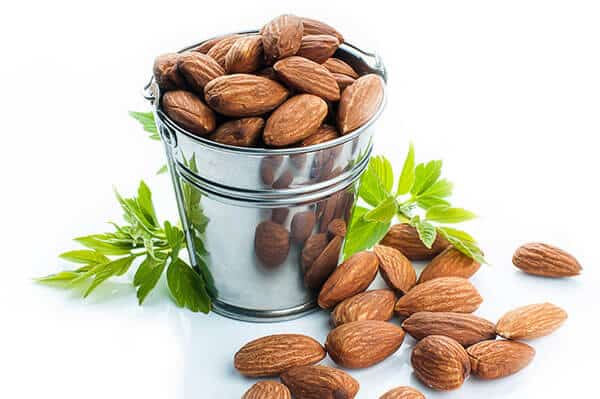Fat has been thought of as bad for over 30 years and the root of our all of our culture’s problems with obesity. It is true that excess fat consumption is linked to obesity, heart disease and high cholesterol, but fat-free isn’t the answer. The type of fat you choose makes a big difference!
Healthy fats are essential to good health
The human body uses essential fats as a key building block of cells in the body:
- Brain: Fats compose 60% of the brain! They act as building blocks for neurons and are essential to brain functions, including learning, memory retention and moods.
- Heart: Fats help to keep the heart beating at a regular rhythm. The heart also uses fat as its main fuel.
- Nerves: Fat building blocks surround nerve cells acting as insulators and protection for nerves. Without it, nervous impulses do not travel properly.
- Lungs: High concentrations of fat are found in a fluid called surfactant. It lines the lungs and helps to keep them from collapsing.
- Digestion: Vitamins A, D, E and K can only be absorbed if they are taken with fat. Dietary fat also slows the digestion of carbohydrates, which prevents rapid spikes in blood sugar and provides more time for the body to break down food and absorb nutrients.
- Immune System: Healthy fats can ease inflammation and help your immune system stay healthy.
CHOOSE WISELY
Transaturated fats – THE WORST
Heating fat causes hydrogenation of fats, which creates trans fats. Vegetable oils that are typically used in foods are partially hydrogenated to help preserve the food. This is great for the shelf life of your cookie, cracker, candy or baked good, but not so good for you. It has an impact at not only increasing your LDL, but also reducing your HDL (“good”) cholesterol!
Monounsaturated – THE HEALTHY
Olive oil, canola oil, peanut oil – these plant oils are liquid at room temperature and are associated with reduced risk of cardiovascular disease.
Polyunsaturated – THE HEALTHY
Corn oil, soybean oil, flaxseed oil, walnut oil, fish oil…and many more!
This broad category of fats includes numerous fats that are all liquid at room temperature. Essential fats that the body cannot form on its own are also found in this category, so it’s important to include them in your diet.
Saturated – THE GOOD & BAD
Meat fat, butter, coconut oil, palm oil – these fats are solid at room temperature. Most come from animal fat and they are associated with an increased risk of LDL (“Bad”) cholesterol.
BECOME FAT SAVVY
- Include olive oil, flax oil and fish oil as part of a healthy diet
- Read the labels and be sure to avoid foods that are high in trans fats and check the ingredients for oils that are “partially hydrogenated”
- Avoid fried foods, especially when eating out to avoid saturated and trans fats
- Choose lean cuts of meat
- Butter or margarine – skip both and try using olive oil
- Keep polyunsaturated fats cold – heating oils, like flax, will produce trans fats
- Don’t go no fat; choose good fat
To learn more, please contact our Oakville clinic, located in the heart of Bronte Village, to book an appointment with one of our Naturopathic Doctors.


